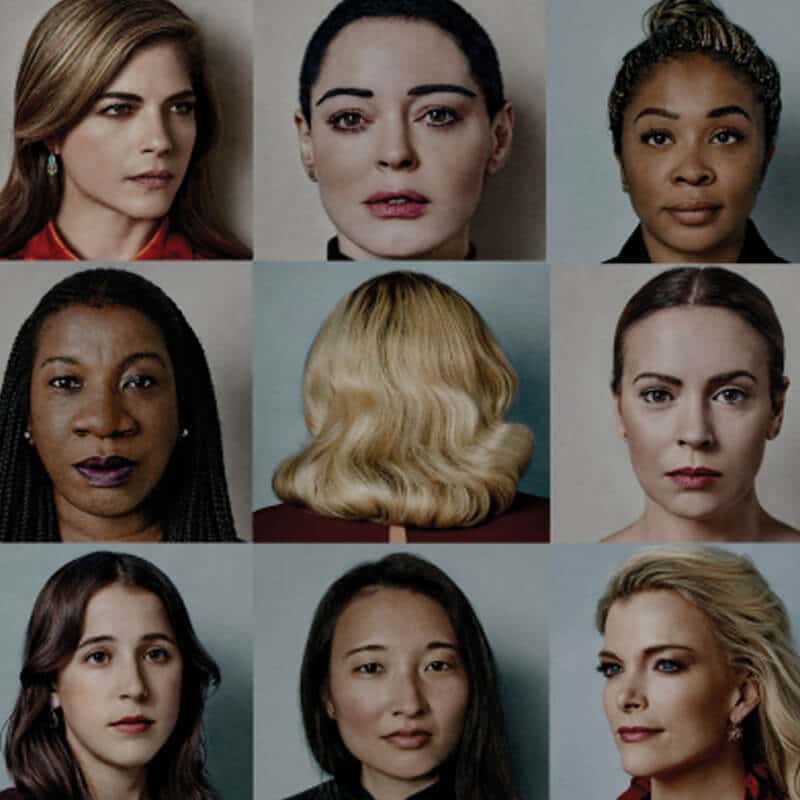
Are we ready for the world to come?
Opinion + AnalysisBusiness + LeadershipRelationshipsScience + Technology
BY Simon Longstaff 15 MAY 2020
We are on the cusp of civilisational change driven by powerful new technologies – most notably in the areas of biotech, robotics and expert AI. The days of mass employment are soon to be over.
While there will always be work for some – and that work is likely to be extremely satisfying – there are whole swathes of the current economy where it will make increasingly little sense to employ humans. Those affected range from miners to pathologists: a cross-section of ‘blue collar’ and ‘white collar’ workers, alike in their experience of displacement.
Some people think this is a far too pessimistic view of the future. They point to a long history of technological innovation that has always led to the creation of new and better jobs – albeit after a period of adjustment.
This time, I believe, will be different. In the past, machines only ever improved as a consequence of human innovation. Not so today. Machines are now able to acquire new skills at a rate that is far faster than any human being. They are developing the capacity for self-monitoring, self-repair and self-improvement. As such, they have a latent ability to expand their reach into new niches.
This doesn’t have to be a bad thing. Working twenty-four hours a day, seven days a week in environments that no human being could tolerate, machines may liberate the latent dreams of humanity to be free from drudgery, exploitation and danger.
However, society’s ability to harvest the benefits of these new technologies crucially depends on planning and managing a just and orderly transition. In particular, we need to ensure that the benefits and burdens of innovation are equitably distributed. Otherwise, all of the benefits of technological innovation could be lost to the complaints of those who feel marginalised or abandoned. On that, history offers some chilling lessons for those willing to learn – especially when those displaced include representatives of the middle class.
COVID-19 has given us a taste of what an unjust and disorderly transition could look like. In the earliest days of the ‘lockdown’ – before governments began to put in place stabilising policy settings such as the JobKeeper payment – we all witnessed the burgeoning lines of the unemployed and wondered if we might be next.
As the immediate crisis begins to ease, Australian governments have begun to think about how to get things back to normal. Their rhetoric focuses on a ‘business-led’ return to prosperity in which everyone returns to work and economic growth funds the repayment of debts accumulated during the the pandemic.
Attempting to recreate the past is a missed opportunity at best, and an act of folly at worst. After all, why recreate the settings of the past if a radically different future is just a few years away?
In these circumstances, let’s use the disruption caused by COVID-19 to spur deeper reflection, to reorganise our society for a future very different from the pre-pandemic past. Let’s learn from earlier societies in which meaning and identity were not linked to having a job.
What kind of social, political and economic arrangements will we need to manage in a world where basic goods and services are provided by machines? Is it time to consider introducing a Universal Basic Income (UBI) for all citizens? If so, how would this be paid for?
If taxes cannot be derived from the wages of employees, where will they be found? Should governments tax the means of production? Should they require business to pay for its use of the social and natural capital (the commons) that they consume in generating private profits?
These are just a few of the most obvious questions we need to explore. I do not propose to try to answer them here, but rather, prompt a deeper and wider debate than might otherwise occur.
Old certainties are being replaced with new possibilities. This is to be welcomed. However, I think that we are only contemplating the ‘tip’ of the policy iceberg when it comes to our future. COVID-19 has given us a glimpse of the world to come. Let’s not look away.
The Ethics Centre is a world leader in assessing cultural health and building the leadership capability to make good ethical decisions in complexity. To arrange a confidential conversation contact the team at consulting@ethics.org.au. Visit our consulting page to learn more.
Ethics in your inbox.
Get the latest inspiration, intelligence, events & more.
By signing up you agree to our privacy policy
You might be interested in…
Opinion + Analysis
Business + Leadership
Getting the job done is not nearly enough
Opinion + Analysis
Business + Leadership
Activist CEO’s. Is it any of your business?
Opinion + Analysis
Business + Leadership
Roshni Hegerman on creativity and constructing an empowered culture
Opinion + Analysis
Politics + Human Rights, Relationships



